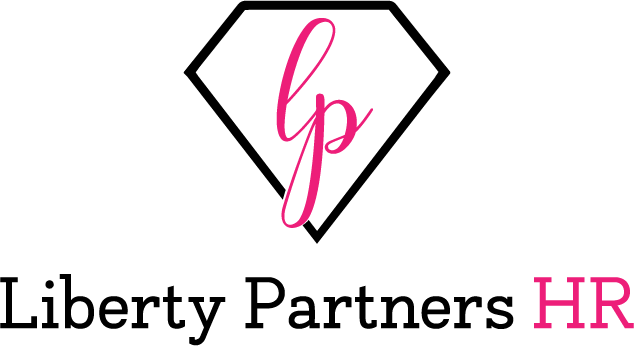Resiliency as a Necessity
Remember the child’s toy that would bounce back upright after being punched or socked? Sometimes called a “bop bag”, this toy is gives a visual example of resilience! No matter how many times it gets hit, or as far over as it gets pushed, it always ends up standing. Resilience, as a character quality in a person describes the ability one has to recover quickly from difficulty. It is a mental toughness. A person who is capable of “bouncing back” after going through tough experiences would be described as resilient.
In life and in particular the workforce, resilience is not only beneficial, it is a necessity. Today more than ever people are experiencing the personal stresses of job loss or rejection, changing work conditions, working from home, added responsibilities, health risks, and changes or loss of income. The ability to keep going and push through these challenges is more important than ever! And though some people seem to have an innate capability to bounce back, experts agree that becoming more resilient is a skill one can learn and improve upon.
There are several ways to grow in the area of becoming more resilient. One is to change your thinking. Typically, on the other side of a difficulty, the first reaction is to self evaluate. The brain has a way of saying what went wrong or why failure occurred in a negative way. Keeping thoughts positive and changing negative thoughts can go a long way in standing back up after a knock down. Didn’t get the job? Use positive phrases such as “it isn’t RE-jection, it is DI-rection” or “where one door closes, another opens”. Find a phrase or several that are meaningful and repeat them over and over in the mind or by writing them down. Think about what they mean and how following those thoughts can make it possible to try again. Empowering the mind in this way produces growth in resilience.
Another way to become more resilient is to practice self care. Self care provides the means to take a step away from a difficult situation and do something healthy that improves well-being. Bad day at the office or working from home? Take a walk or meditate. There are so many ways to practice self care! Refer to the previous article “Pouring from an Empty Cup - How Self Care Should Be a Nonnegotiable”…for definitions and ideas. When intentional self care is a regular part of health maintenance especially after a stressful experience, the ability to be resilient will grow.
Resilient people know their strengths and use them to recover more quickly from tough times! This kind of strength is the part of resiliency that keeps going time and time again. Like the “bop bag”, no matter how many knockdowns, they always come back standing. More than likely life has had challenges all along the way. And most certainly if a person is still standing, they have utilized strengths and skills they may not know they possess! One way of discovering strengths is to pay attention to stressful events for a period of time. Answer some questions like, what thoughts and feelings were experienced? What actions were taken to resolve the crisis? Were those actions successful? What lessons could be learned from the experience? Working through this process with a mental health professional can make it most beneficial. Learning the strengths one already possesses will go a long way in building resilience.
Though there are many ways to become more resilient, an important one is giving and receiving support. In times of crisis, utilize support systems. Religious organizations, spiritual practices, support groups, family and friends can provide huge amounts of strength in times of crisis. People need people. It works both ways. Taking the focus off one’s own difficulties and providing support for others is a good reminder of what a person does have and that strength can be shared. This builds resilience because it promotes help and hope. Everyone has strengths. Strength shared produces more strength and strength improves resilience.
In times like these where it seems as though things are constantly changing, when every day seems to bring forth new challenges, becoming a person who can recover quickly will make living every day to its fullest potential possible. Learn to bounce back and always land upright!
Co-authoring this article, Ann Geisel, Limited Licensed Counselor and Jeff Geisel, HR Professional, live in Michigan where they enjoy the Lake Michigan shoreline and all the beautiful nature that comes with it.
